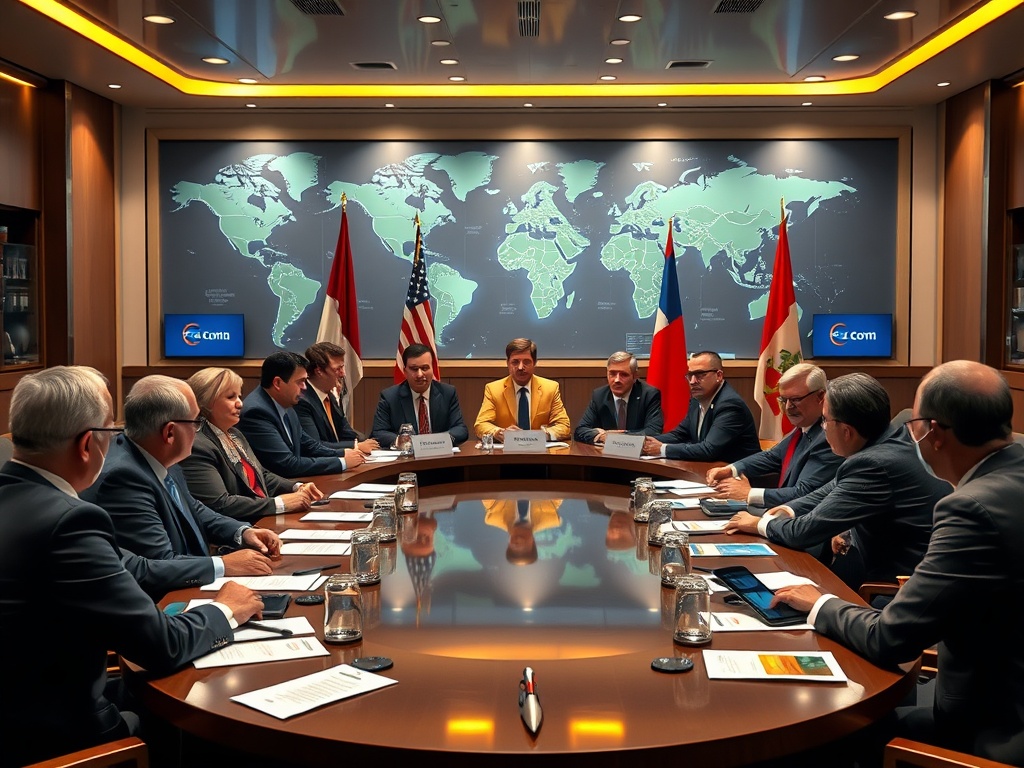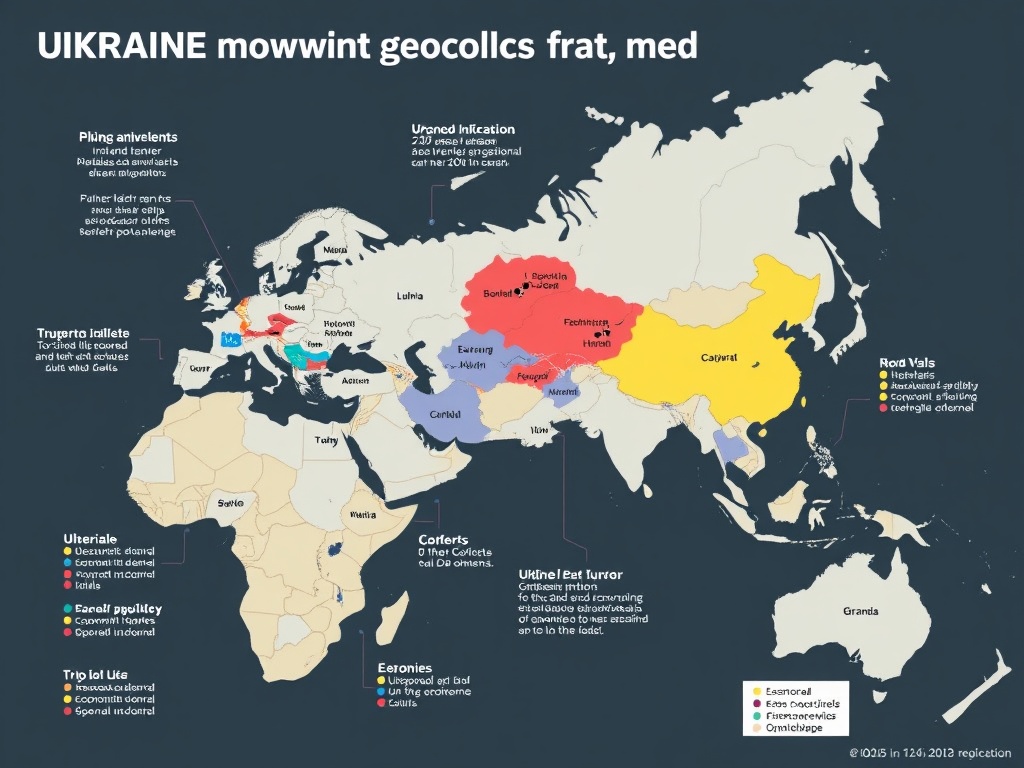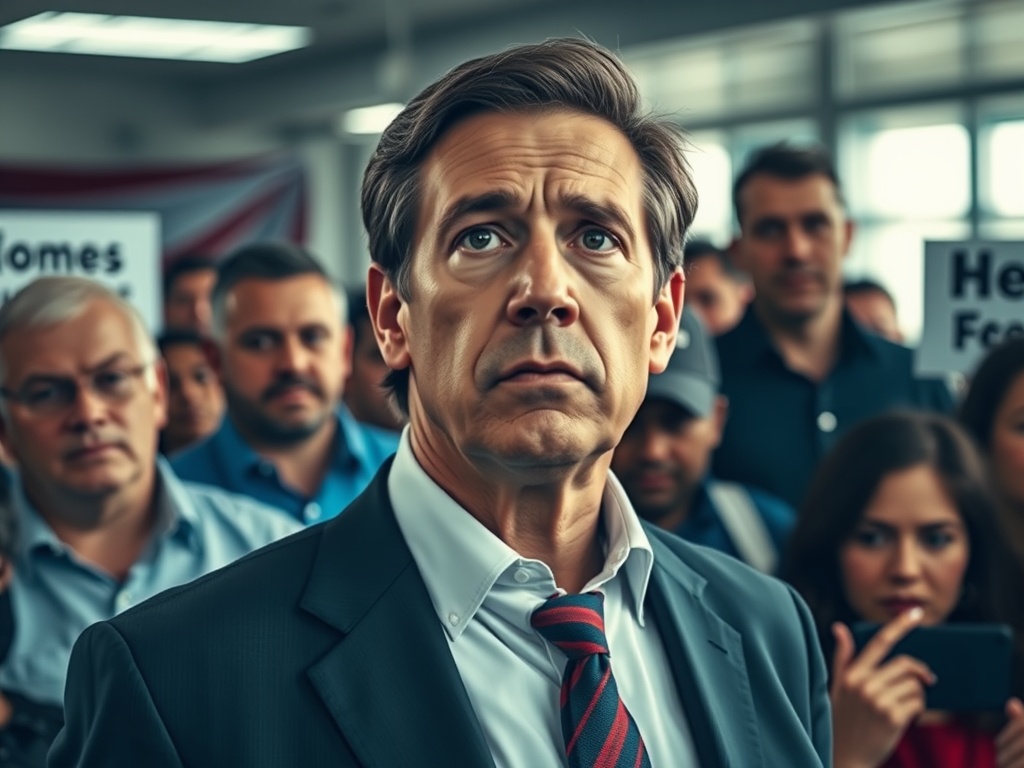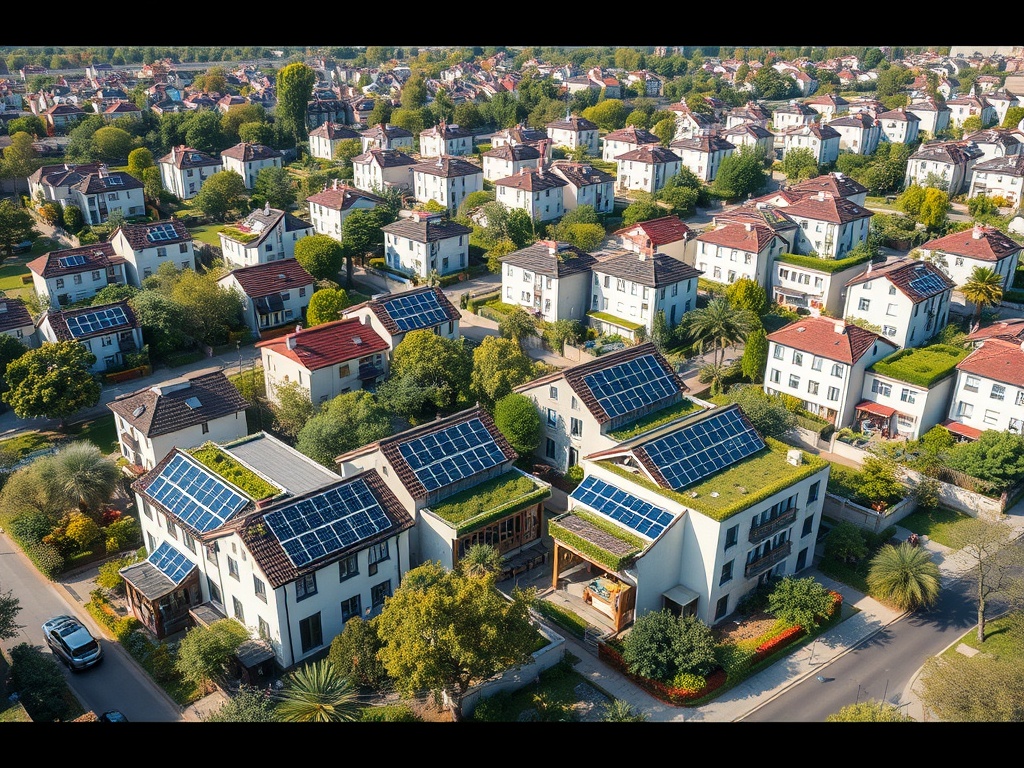The Shifting Landscape of Global Politics: A New Era Post-Ukraine Invasion

The old Leninist adage that there are “decades where nothing happens, and weeks where decades happen” has been frequently cited since Russia’s full-scale invasion of Ukraine in February 2022. However, the current torrent of events is truly remarkable in its potential to reshape our epoch. As we look ahead, we should brace ourselves for unexpected developments. The forthcoming weeks are likely to witness an acceleration of this remarkable pace, which took off at the Munich Security Conference, where the new U.S. administration delivered a stark message to both Europe and Ukraine: the traditional rules of U.S. engagement and support are being fundamentally redefined.
It feels like a lifetime ago when U.S. Vice President JD Vance publicly chastised Europe for its perceived lethargy in defense spending and for being excessively European in its approach. Moreover, the recent meetings between Russian and U.S. delegations in Saudi Arabia have indicated that Donald Trump is eager to set a breakneck pace for international relations.
For Keir Starmer, who is preparing to visit Washington to engage with a dynamic and unconventional president, the challenge lies in balancing a firm stance alongside the most significant military players in Europe—namely, France, Germany, and the united resolve of the Nordic states—in their commitment to an independent Ukraine. At the same time, he must demonstrate a willingness to explore a resolution to the conflict at a pace that may be more beneficial to those responsible for its inception than to the Ukrainians who have borne the brunt of its consequences.
One Cabinet member assisting Starmer in his preparations emphasizes that the old diplomatic playbook has been “dead and buried.” In today’s environment, U.S. diplomatic channels often find themselves the last to know what proposals or demands Trump will make next. Starmer has meticulously prepared for the reality that conversations may resemble “following seven bluebottles buzzing around in a jar,” requiring careful attention to multiple moving parts rather than a straightforward negotiation process.
Whether we like it or not, all parties affected by the Ukraine crisis are now part of a complex “art of the deal.” Thus, the pivotal question for Starmer—who has transitioned from a bland centrist politician to a potential figure in the historical remaking of Europe—is how to appeal to the President’s transactional mindset regarding relations with Vladimir Putin while firmly advocating for Ukraine and defining the optimal posture for Britain in a rapidly evolving geopolitical landscape.
In this context, the proposal of British peacekeepers as a stabilizing force serves as an early bargaining chip for the UK in exchange for a meaningful role in negotiations. This initiative would help to oversee any potential agreement, while also addressing a significant concern: what happens in the days, weeks, or months following a deal, and who will serve as the guarantor of its terms? Furthermore, it shifts the conversation towards a deterrent for Putin, discouraging him from easily accepting U.S. friendship while continuing to bolster his war machine for further incursions into the Baltics or Poland.
Starmer’s goal, therefore, is to avoid being drawn into contentious debates over the tone and punitive nature of America’s new decision-makers. Instead, he aims to be the steady interlocutor they can rely on, encouraging a “peace through strength” approach towards Russia.
Admittedly, this strategy appears to be a challenging endeavor, especially in light of the recent developments where the President has sidelined numerous appointees, including General Keith Kellogg, for expressing views that are too hawkish on Russia. This is an area where Starmer risks facing significant pushback or even humiliation. However, it also holds the key to unlocking a more extended dialogue that transcends the immediate “shock and awe” tactics typically employed by the White House.
There is, however, another facet to the UK’s involvement: the softer side of diplomacy. The prospect of a Balmoral state visit is a deliberate attempt to maintain positive relations and constructive conversations. “There won’t be any fighting in the war room,” remarks a UK diplomat, referencing the irony encapsulated in the dark comedy of Dr. Strangelove, which explores themes of deterrence and risk.
In discussions with Ukrainian officials this week, it has become evident that they, too, are in a “deal mode”—seeking agreements that once seemed guaranteed when the U.S. served as the defense and financial backstop for Kyiv’s resistance against Russian aggression. Now, however, this support comes with a price tag issued from Washington.
An agreement appears imminent regarding the granting of preferential exploration and extraction rights for critical minerals, oil, and gas to the U.S. The initial proposal suggests that this should be viewed as a repayment for the defense already extended. The role of European allies will now be to pivot this arrangement into an incentive for the U.S. to engage in any security package aimed at deterring Russia.
In truth, the extent of Ukraine’s mineral wealth and its commercial viability remains uncertain, and efforts to revive its war-impacted mining sector may prove less attractive to American investors than the prospect of untold riches. Thus, significant posturing accompanies this particular trade, alongside a hard truth: the framework in which the U.S. bore the responsibility and criticism for supporting Europe has given way to a far more precarious situation devoid of a clear resolution. The era of America as the “global policeman” has rapidly transitioned to one characterized by the art of negotiation and trade.
The stakes are undeniably high, and the dangers of failing to capitalize on this pivotal moment are even greater.
Anne McElvoy is the executive editor at Politico and host of the Power Play interview podcast.




